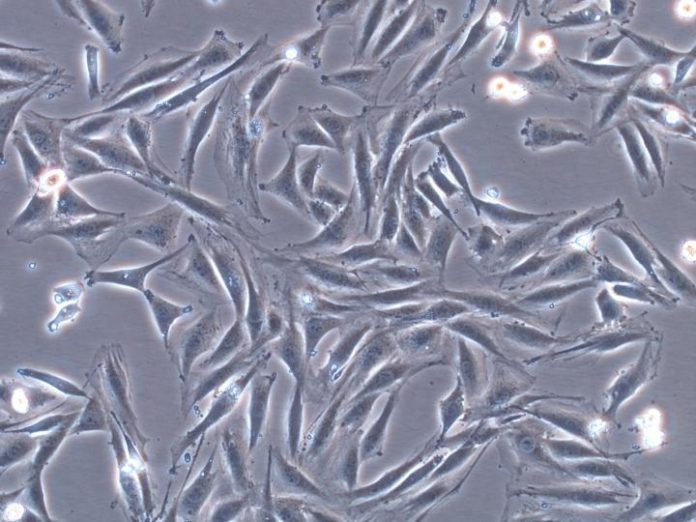While space exploration, astronomers go through different types of physiological changes including lower muscle mass and slower muscle development. Similar symptoms can occur in Age-related skeletal muscle disorders on the Earth’s surface.
According to a new study by the scientists at the Hiroshima University, the process that affects gene expression of differentiating muscle cells in space also affects cells in the presence of gravity. The reason behind this is still unclear.
Scientists think that there is a pressing need to understand it and come up with better treatment outcomes. Thus, they investigated how simulated microgravity affects muscle cell differentiation and gene expression.
Conducting a study on mice, they found that some cells were treated with a drug that stops DNA methylation from happening, while other cells were not.
Next, they developed the cells either in ordinary gravity or within Gravite, a machine that mimics gravity at levels that space explorers involvement in spaceflight. Cells in microgravity displayed less cell differentiation. In any case, cells growing without the medication shaped muscle fibers at a slower rate and indicated less quality expression.
One gene, Myod1, was exceptionally compelling. Its expression levels were altogether lower in microgravity conditions and when developing with the medication that halted DNA methylation.
Louis Yuge, Hiroshima University (HU) Professor said, “Within gravity, as well as without it, the group concluded that DNA methylation appears to be a key player in regulating muscle cell differentiation. These findings highlight genes affected by DNA methylation, like Myod1, as potential targets for treating patients with skeletal muscle atrophy.”
According to scientists, the outcomes can be applied in space experiments, where muscle atrophy of astronauts uses myotubes because it is easy to understand morphologically. Additionally, the findings of this epigenetics can be used in many differentiated cells, stem cells, or cancer.
The Micro-G Center of the Kennedy Space Center of NASA, where Yuge is an advisory committee member, and NASA have already conducted experiments to cultivate stem cells on the International Space Station, where this paper can also provide insight. Yuge and his team are expected to start a massive space experiment at NASA/Center for Advancement of Science in Space (CASIS).
The study is published in Microgravity.
